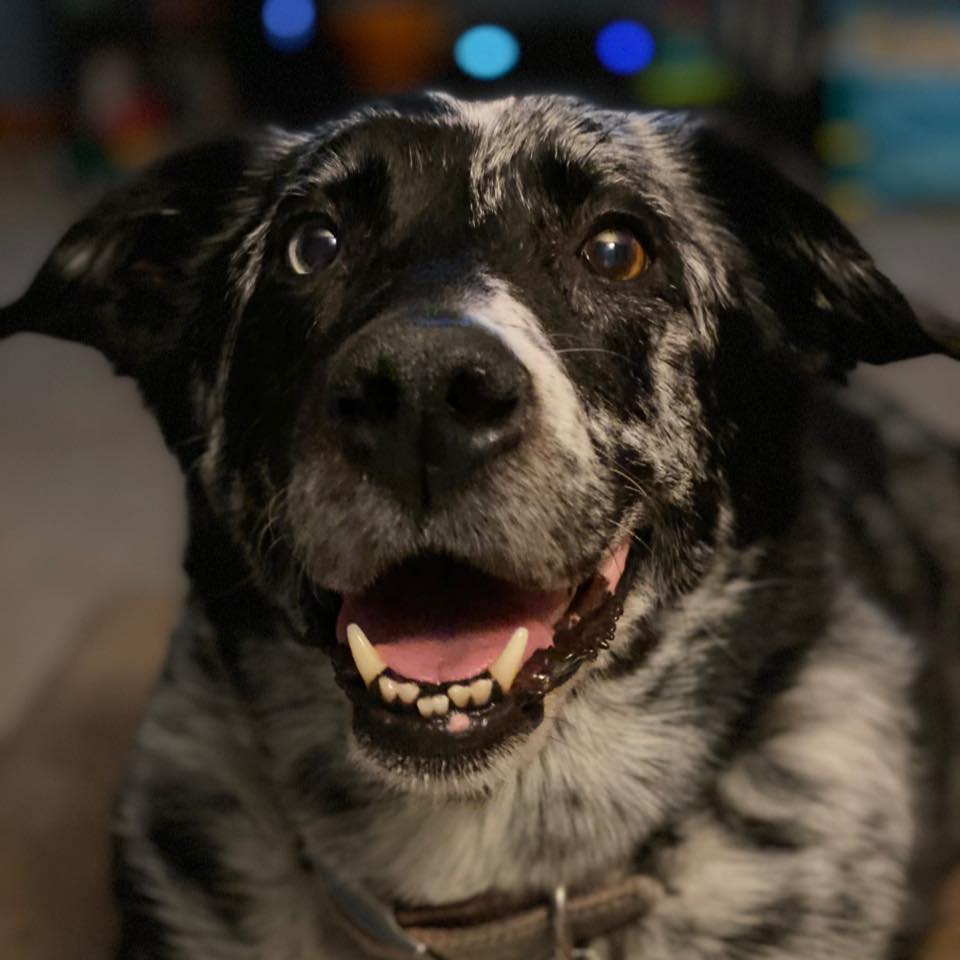In a world brimming with causes and issues, it’s easy to feel overwhelmed, and unsure of how to make a difference. But fear not! Your voice matters, and your actions, no matter how small, can create waves of change.
One initiative we are excited to be participating in is President Biden’s declaration of April as National Cancer Prevention and Early Detection Month. The proclamation carries profound significance for our Cervivor community, particularly our mission to eradicate cervical cancer. The re-ignition of the Cancer Moonshot initiative underscores the critical need to accelerate advancements in cervical cancer prevention, treatment, and early detection methods.
For cervical cancer survivors, patients, and advocates, this proclamation reaffirms our commitment to advocating for accessible screenings, eliminating barriers to healthcare access, and raising awareness about the importance of early detection. With screening playing a pivotal role in detecting cervical abnormalities before they progress into cancerous lesions, this initiative aligns with our mission to empower individuals with knowledge, resources, and support in their journey against cervical cancer.
This month, we’re urging you to join us and take action to spread awareness for this and other important initiatives. From advocating for health equity to supporting cancer awareness and vaccination efforts, there are countless ways to get involved and make a positive impact. So let’s come together as a community and harness our collective power to drive meaningful change.
National Minority Health Month: This month, let’s recognize the disparities in healthcare access and outcomes faced by communities of color communities. By raising awareness and advocating for equitable healthcare policies, we can work towards a healthier, more just society for all.
National Public Health Week (April 1st – 7th): Public health is everyone’s responsibility. During National Public Health Week, let’s celebrate the progress we’ve made in improving health outcomes and renew our commitment to addressing the underlying social, economic, and environmental factors that shape health.
National Adolescent and Young Adult Cancer Awareness Week (April 1st – 5th): Adolescents and young adults facing cancer often have unique needs and challenges. We’re using this week to raise awareness about AYA cancer issues, support those affected, and advocate for better research, treatment, and support services. Follow along with our social media platforms and check out our partners over at Stupid Cancer.
Adolescent Immunization Action Week (April 1st – 5th): Vaccines save lives, but immunization rates among adolescents are often lower than desired. This week, we’re highlighting the importance of adolescent immunizations and encouraging parents and caregivers to ensure their teens are up to date on recommended vaccines.
Here are five practical tips to get involved:
1) Utilize Social Media Platforms: Social media isn’t just for sharing selfies and pet videos. It’s a powerful tool for raising awareness and mobilizing communities. Share informative posts, engage in discussions, and use relevant hashtags to amplify your message. Need content? We’ve got you! Like, comment, and share directly from the Cervivor platforms or utilize our social media kit. You can find all of our handles at the bottom of our LinkTree page here.
2) Organize or Participate in Events and Activities: Whether it’s a fundraiser, a MeetUp, or an online event, getting involved in local events is a great way to make a tangible impact. Don’t wait for someone else to take the lead—be the change you wish to see! To join any upcoming events by Cervivor, visit our website.
3) Partner with Organizations: Collaborating with established organizations can give your efforts more reach and credibility. Consider teaming up with groups like Cervivor, which focuses on cervical cancer advocacy and support, to maximize your impact.
4) Engage with Media: Media coverage can shine a spotlight on important issues and spark meaningful conversations. Write letters to the editor, pitch stories to journalists, or even start your own blog or podcast to share stories and perspectives that need to be heard. Need some tips to get you started? We have a media kit for that!
5) Donate to Organizations Doing the Work: Financial support is crucial for organizations working tirelessly to create change. Even a small donation can make a big difference in funding research, providing support services, or advocating for policy changes.
Together, we have the power to create a better, healthier world. So let’s roll up our sleeves, use our voices, and take action for the causes we believe in. Whether it’s advocating for communities of color and their health, promoting public health initiatives, supporting adolescent and young adult cancer awareness, or championing adolescent immunizations, every effort counts. Let’s inspire change, be intentional and inclusive of all, and build a brighter future for generations to come. Thank you for joining us on this journey of advocacy and awareness where we know we can make a difference.

